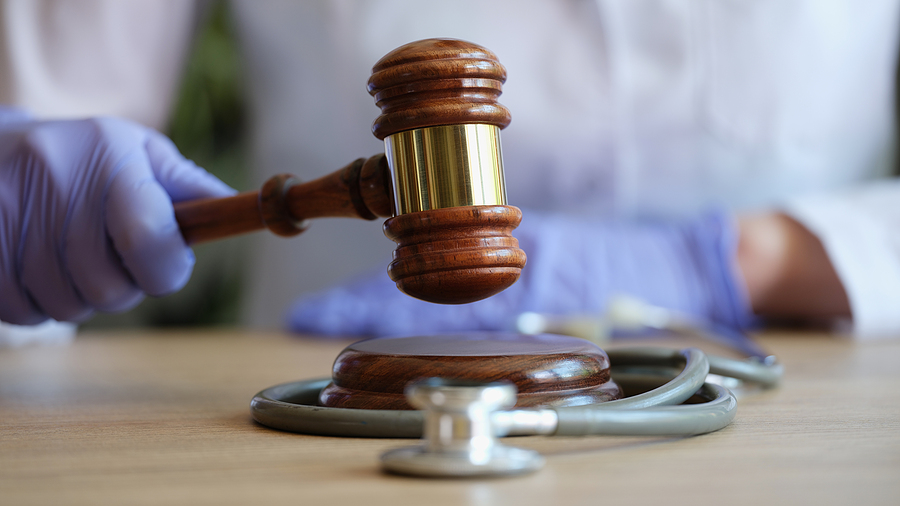If you have been injured due to medical negligence in Indiana, you may be considering filing a medical malpractice lawsuit. Medical malpractice occurs when a health care provider fails to provide proper treatment or advice that results in harm to the patient. If this has happened to you, it is important to know what steps are involved in filing and pursuing a medical malpractice claim.
In this blog post, we will discuss what you can expect from a medical malpractice lawsuit in Indiana. We will cover topics such as the statute of limitations for filing a claim, how liability is determined, and potential damages that can be awarded after your case has been heard by the court. Knowing these details ahead of time can help ensure that your legal rights are protected throughout the process and increase your chances of obtaining full and fair compensation for any injuries sustained due to someone else’s negligence.

Personal Injury Lawsuit Process for Victims of Medical Malpractice in Indiana
Hiring a Medical Malpractice Attorney
The first step in filing a medical malpractice lawsuit is to retain an experienced personal injury medical malpractice lawyer. Your lawyer will be able to review your case and determine whether or not you have a valid claim against the health care provider or medical facility that you believe was negligent. It is important to note that each state has its own statute of limitations for filing such claims, so it is important that you file as soon as possible after discovering any harm caused by medical negligence. In Indiana, the statute of limitations requires that a medical malpractice lawsuit must be filed within two years of when the incident occurred or two years from when the injury should have reasonably been discovered.
Documenting a Medical Malpractice Case
Once it is determined that you do have a valid claim against the health care provider or medical facility, your lawyer will begin to document your case. This will involve collecting evidence of the negligence and determining who can be held liable for the harm caused. Generally speaking, any health care provider or medical facility that was responsible for providing treatment or advice that resulted in injury is considered negligent and may be held financially responsible for damages resulting from the incident.
Proving Negligence
In addition to establishing liability in a medical malpractice case, personal injury attorneys must also prove that the defendant’s negligence caused you harm. This includes demonstrating that there is a link between the negligent act and the injury sustained by the patient. If liability is established successfully and it is determined that negligence did cause you harm, then you may be entitled to receive compensation for any damages that you incurred as a result of the incident. This may include medical expenses, lost wages, pain and suffering, or even punitive damages if there is evidence that the defendant acted with willful disregard for your safety.
Talk to a Medical Malpractice Lawyer for Personalized Advice
Filing a medical malpractice lawsuit in Indiana can be a complicated process because usually you must go through a medical panel review process prior to filing a lawsuit but it is important to remember that you do not have to go through it alone. An experienced medical malpractice lawyer can help you understand your legal rights and provide guidance throughout the entire process. If you believe that you were injured due to negligence on the part of a health care provider or medical facility, then do not hesitate to contact an accident attorney in Indianapolis as soon as possible. They can help ensure that your case is handled properly from start to finish and help maximize the amount of compensation that you can receive for any harm caused by medical negligence.
With all the complexities inherent in filing and pursuing a medical malpractice claim, it is important to know what to expect going into it. Contact Craven, Hoover, and Blazek P.C. at 317-881-2700 to schedule a free case evaluation with an experienced medical malpractice lawyer in Indianapolis, Indiana. We provide contingency-fee representation, so you don’t pay anything unless we successfully secure a settlement or verdict on your behalf.
Related Posts:
Is a Misdiagnosis Considered Medical Malpractice?
Injured from a Defective Surgically-Implanted Medical Device?
Frequently Asked Questions About Medical Malpractice Claim




